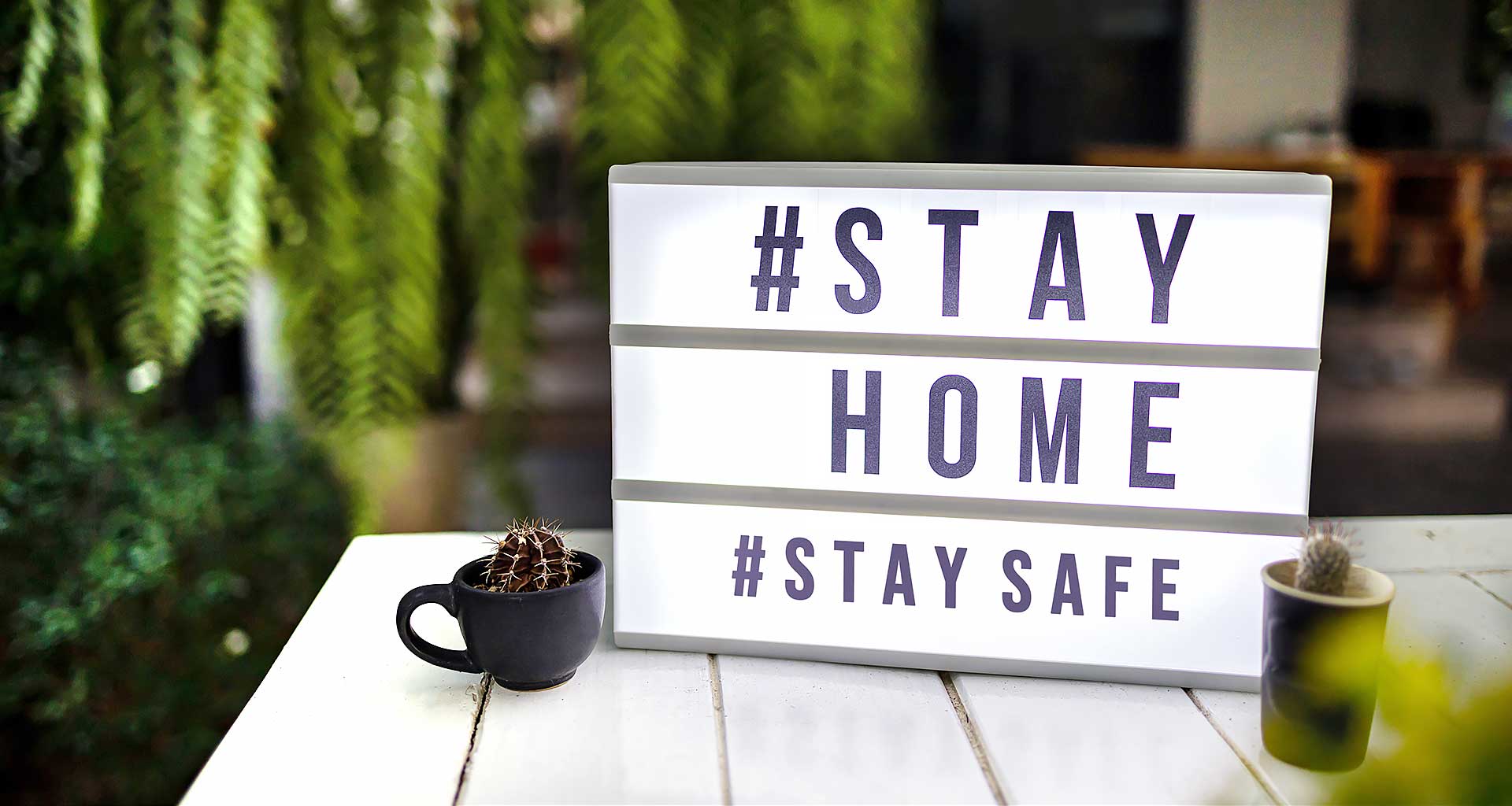
“I spend the days just preparing one meal after another,” Hannah, my friend and fellow stay-at-home mom, texted me.
The message, accompanied by a sad-face emoji, was something I could relate to. It’s been more than a month since Singapore adopted enhanced social distancing measures, and we mums are used to being at home anyway. So why has the past month been so much more exhausting?
A New Norm
As I write this article, some countries are tentatively emerging from lockdowns imposed to halt the Covid-19 pandemic. Here, schools and non-essential workplaces are still closed. Education and business are being conducted online.
For the past month, lounges, bedrooms, and dining areas have been doubling up as teleconferencing venues; parts of our living areas have morphed into makeshift classrooms or workspaces. Covid-19 has changed the familiar space of home, abruptly and visibly.
More than this, however, “invisible” changes have left us scrambling mentally to adapt.
It is easy to overlook the extent to which Covid-19 restrictions have ramped up household and family demands .
Mums, you may not recognise your challenges as “new”, especially if you have been a parent for some time. But it is easy to overlook the extent to which Covid-19 restrictions have ramped up household and family demands: mothers are now caring for our families’ safety and health over longer hours, while creating a conducive environment for our husbands and children to work and learn from home effectively. Working mums are also simultaneously managing job and family responsibilities from within the same physical space.
Unsurprisingly, many of us feel these additional pressures. According to a recent survey, more mothers reported higher stress levels in April 2020 than at this time a year ago, before Covid-19. I don’t have easy solutions, but here are four pieces of encouragement that help me.
1. Stay Home, Stay Safe
In times of crisis, our safety depends on taking shelter in the right place. In Psalm 90:1, Moses addresses God like this: “Lord, through all the generations you have been our home!”
Moses, who had led Israel out of Egypt, longed for a permanent land he never got during his lifetime. Calling God his “home”—a safe place where he would live forever—reflected his trust in his sovereign, almighty, righteous, faithful, and eternal Creator.
Believing in Jesus makes God our home, too. The Covid-19 crisis reveals even more starkly how weak and fragile humanity is, and how much we need God for daily sustenance as well as eternal life.
The saying, “Stay home, stay safe”, has a 100-percent success rate only when God is our eternal home.
Turning to Him daily is my biggest help, because I need reminding that the huge task of keeping my home hygienic and protected from Covid-19 does not depend solely on my efforts. That is a huge relief for all mums.
The saying, “Stay home, stay safe”, has a 100-percent success rate only when God is our eternal home.
Abiding in God means loving Him, believing and obeying His Word, and talking to Him. Besides these, how can we know when we are wandering “away from home”?
2. Pay Attention to Your Feelings
I have been feeling grumpy that housekeeping tasks are squeezing out the things I used to enjoy while my children were at school: reading, writing, and keeping in touch with others. In my grumpiness I have sometimes snapped impatiently at my husband and children.
Talking with Hannah helped me realise my underlying problems: missing certain aspects of my pre-Covid-19 lifestyle was making me unappreciative of opportunities to love my family.
I was reacting to the extra pressures of Covid-19, but unwisely I sought refuge in tangible things more than in God.
I was also trying to regain a pre-Covid-19 sense of security by controlling whatever I could—for instance, ensuring that my fridge was well-stocked, my flat spotless, and every meal delicious. I imposed similar high standards on my husband’s and children’s productivity at home.
I was reacting to the extra pressures of Covid-19, but unwisely I sought refuge in tangible things more than in God. As I bring my feelings “home” before the Lord, He helps me choose trust and thankfulness over control and grumbling.
What about you? What do your feelings reveal about where you place your trust? Are there “false refuges” you need to abandon? How can you respond, rather than react, to your particular situation?
3. Prioritise His purposes
Moses asked the Lord for wisdom to spend time well (Psalm 90:12). It prompts me to ask myself: Which of my daily responsibilities please the Lord, so that He gives my efforts lasting results (Psalm 90:17)?
Titus 2:3–5 suggests that home labours go hand in hand with a godly character, teaching good things, loving our family members, and being kind. Notice the relational context of Paul’s advice: making a God-centred home is really about enabling and growing the relationships that happen there, for God’s purposes.
Having a perspective shaped by Moses’ prayer and Titus 2 encourages me to see deeds done at home as a chance to invest in key relationships for spiritual growth.
So, there’ll be opportunities to love others through acts of service: providing that needed meal, doing the laundry, washing the dishes, or sewing reusable face masks. But having a perspective shaped by Moses’ prayer and Titus 2 encourages me to see deeds done at home as a chance to invest in key relationships for spiritual growth.
How can your daily tasks and your attitude in doing them help foster an environment in which your family and friends can thrive emotionally and spiritually? What are their stress points or struggles? How is their relationship with the Lord? How can you help or pray for them?
4. Take a Break
Even God rested after His “home creating”. Physical tiredness is simply a reminder of our human limitations, and at the end of the day, we need to trust that the Lord, in His grace, sustains us.
Physical tiredness is simply a reminder of our human limitations, and at the end of the day, we need to trust that the Lord, in His grace, sustains us.
I hope this article also inspires you to accept your family’s help and a treat every now and then, and to connect with the friends and mothers in your life.
Hannah, thank you—I cannot appreciate you enough. A meal package with a chocolate dessert is on its way to you—by delivery, of course. As Psalm 90:17 says, may the Lord be pleased to “establish the work of our hands for us—yes, establish the work of our hands.”



